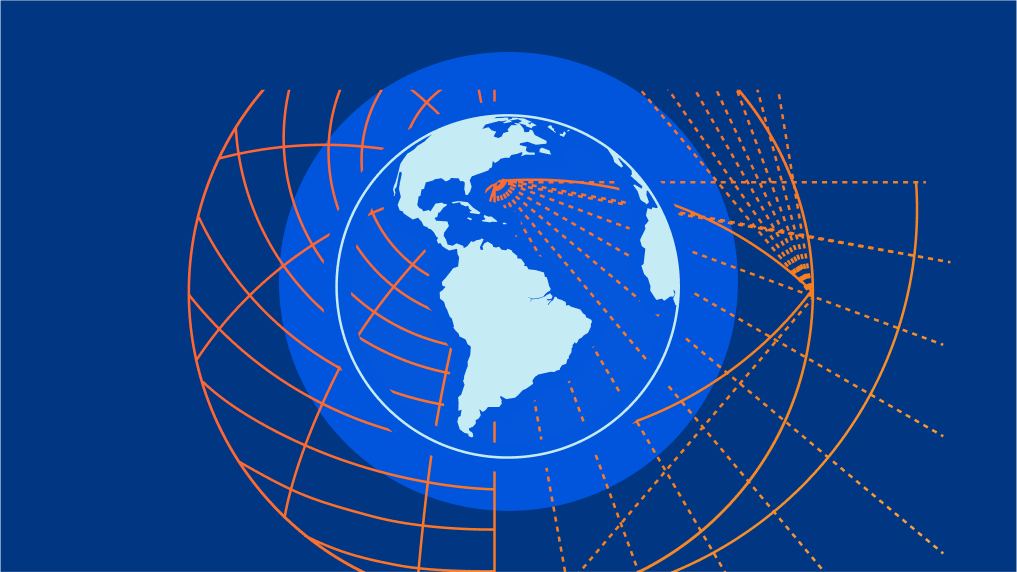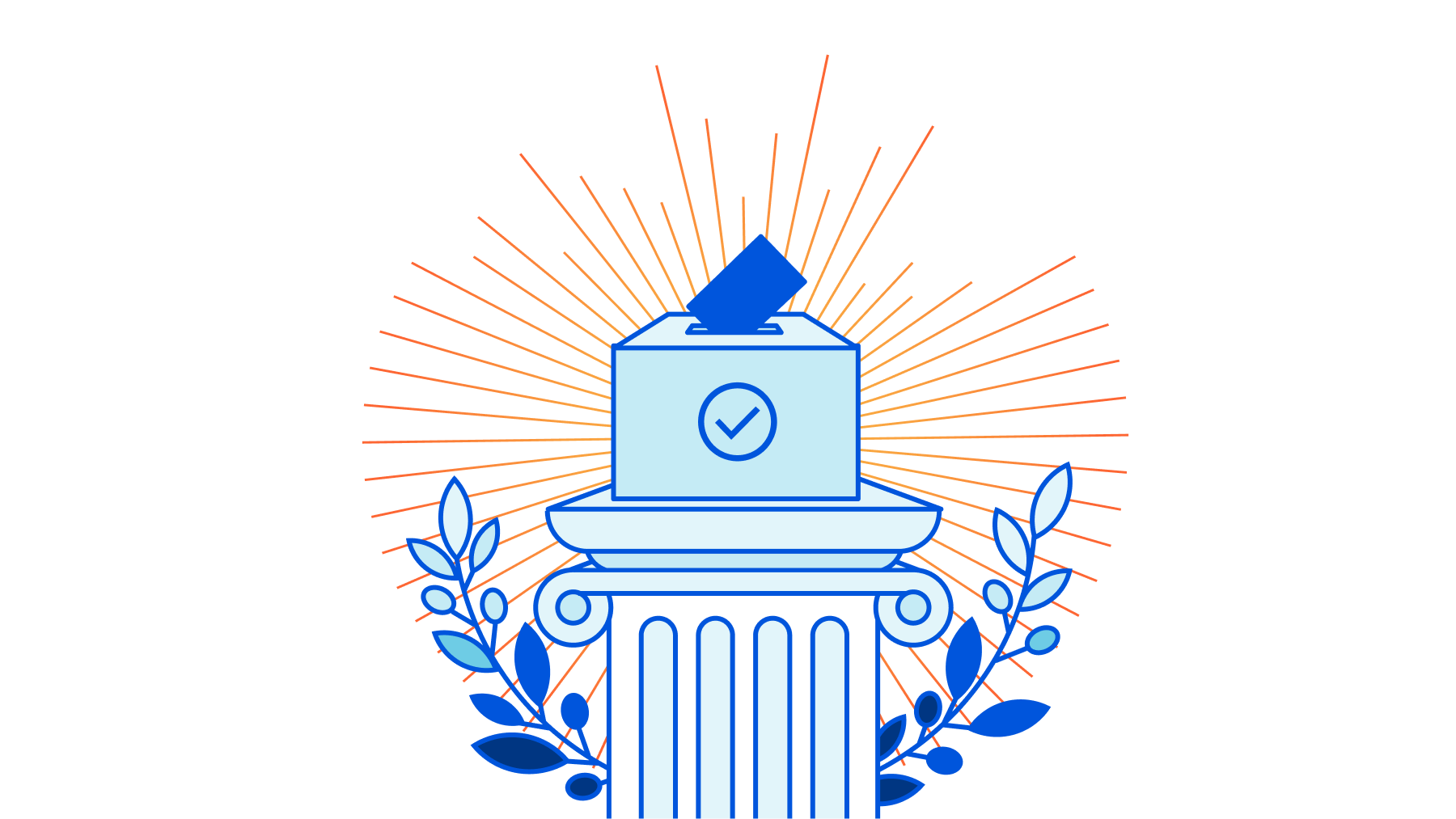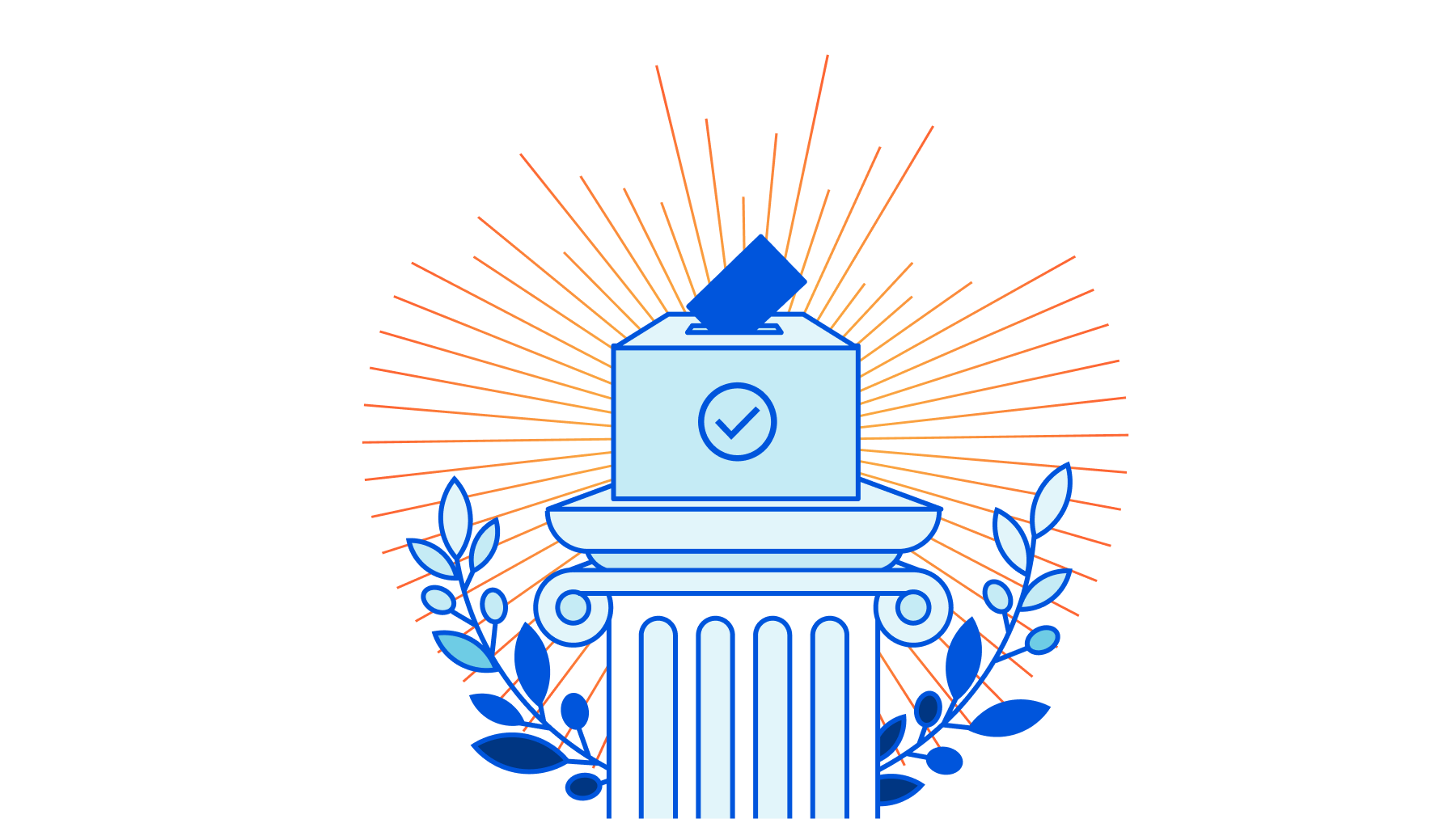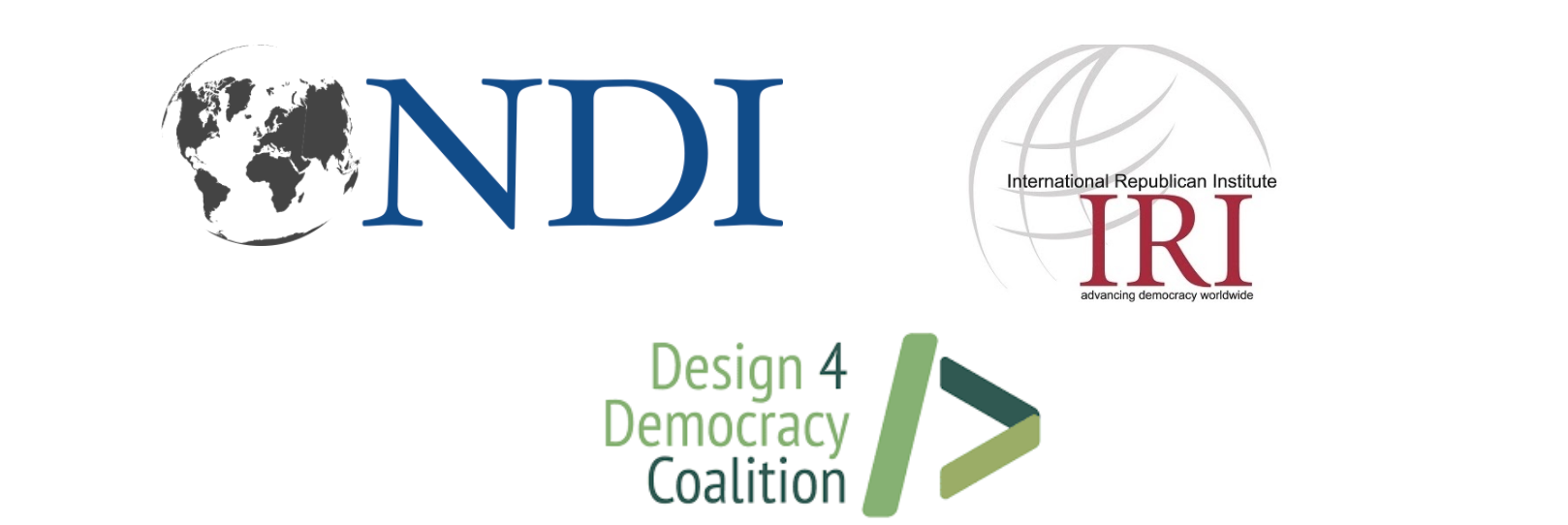Post Syndicated from Jocelyn Woolbright original https://blog.cloudflare.com/expanding-area-1-email-security-to-the-athenian-project/
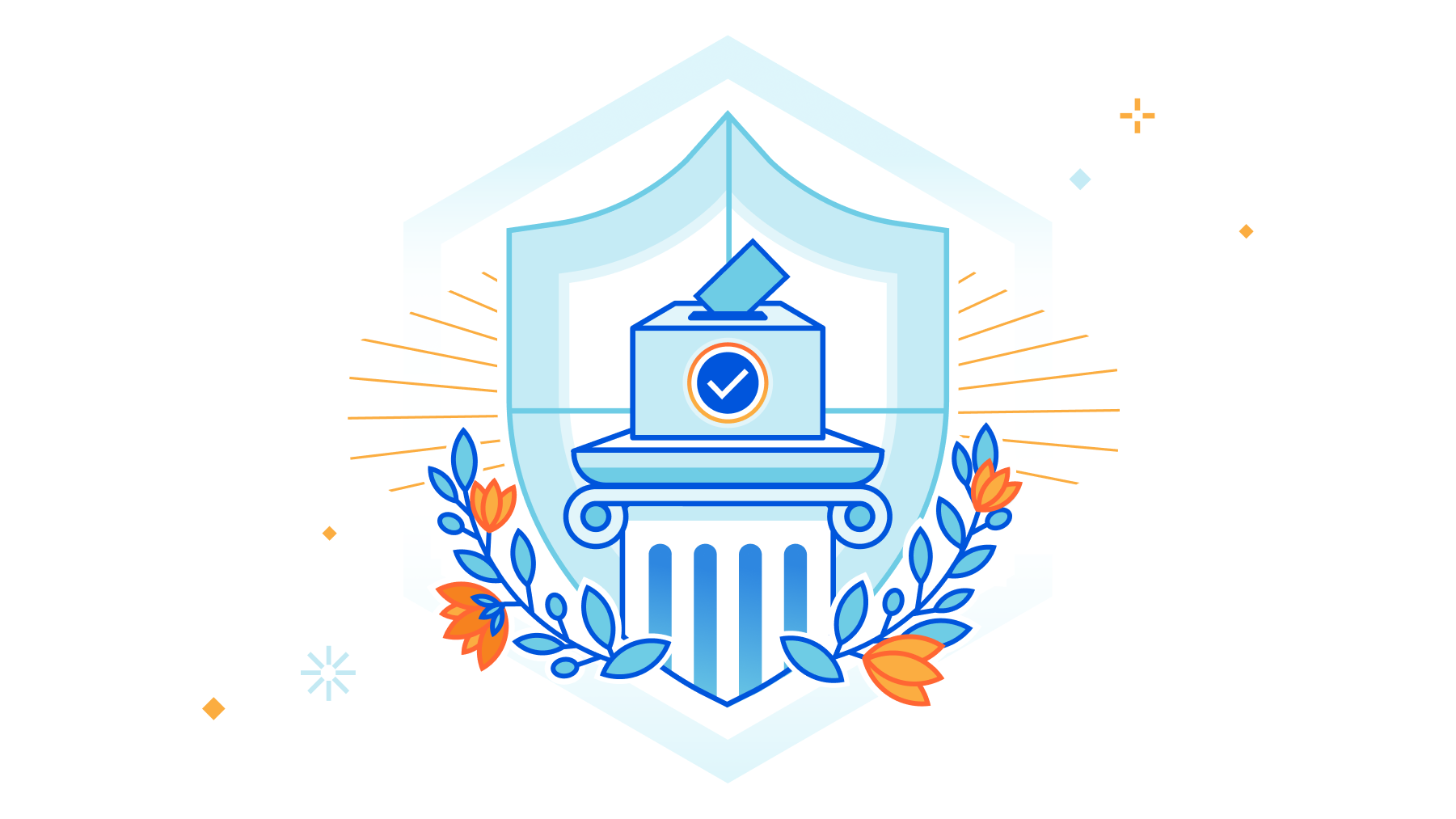
This post is also available in 简体中文, Deutsch, Français and Español.
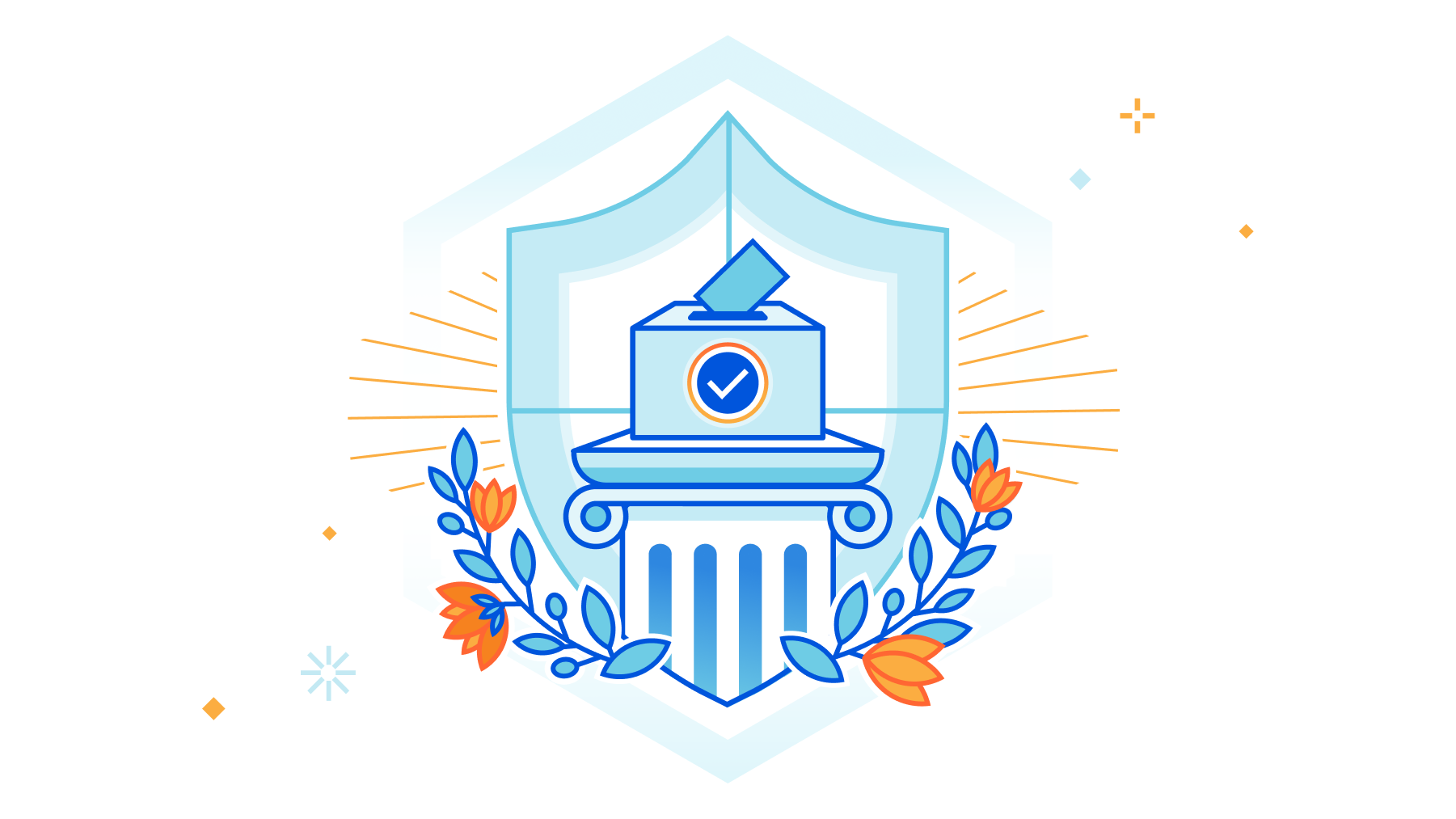
Election security encompasses a wide variety of measures, including the protection of voting machines, election office networks, voter registration databases, and other systems that manage the electoral process. At Cloudflare, we have reported on threats to state and local governments under the Athenian Project, how we prepare political campaigns and state parties under Cloudflare for Campaigns for election season, and our work with organizations that report on election results and voting rights groups under Project Galileo.
Since the 2022 US midterm elections, we have been thinking about how we help state and local governments deflect larger cyber threats that target the election community and have been analyzing the biggest problems they are facing. In October 2022, Jen Easterly, the director of the Cybersecurity and Infrastructure Security Agency, said, “The current election threat environment is more complex than it has ever been.” Amid threats, intimidation toward election workers, and cyber attacks against election infrastructure and operations, preparing for elections is no easy task.
At Cloudflare, our mission is to help build a better Internet. The Internet plays a key role in promoting democracy and ensuring constituents’ access to information. With this, we are excited to share that we have grown our offering under the Athenian Project to include Cloudflare’s Area 1 email security suite to help state and local governments protect against a broad spectrum of phishing attacks to keep voter data safe and secure.
Our work in protecting elections
To understand why we have expanded our product set, we need to look back on how our services have helped state and local governments during election time. Under the Athenian Project, we have provided our highest level of Cloudflare services—the Enterprise plan—for free to state and governments that run elections. The idea originally was that, just like every other Internet property, election websites need to be fast, they need to be reliable, and they need to be secure. Yet, scarce budgets too often prevent governments from getting the right resources to prevent attacks and stay online.
With this, we launched the Athenian Project in 2017. It includes many of our core web services, such as DDoS protection, Web Application Firewall, SSL encryption, and more security features that focus on web applications. We have been able to provide these services to local governments in 31 states and currently protect 359 election entities in the United States.
We have expanded our product set at Cloudflare with Workers, Pages, Zero Trust, and network security solutions. With this, we wanted to understand how we can better support the election community that we work with every day on the Athenian Project.
We knew we could provide more
Internally, we brainstormed on the most pressing issues that face the election community and overall Internet ecosystem. We also asked new and existing Athenian participants on the largest pain points they have when it comes to securing their internal networks and applications. We received a range of answers, from fears of a DDoS attack on election night, to zero-day exploits, on-path attacks, and malware attacks. Many of the same themes came up, especially for small counties that run elections with a huge fear of phishing and ransomware attacks.
Despite email’s importance as a communication method, many types of email security still are not built into email by default. As a result, email is a major attack vector for organizations large and small, and for individual people as well. We have seen firsthand phishing attempts that take advantage of human psychology to encourage quick —and unfortunate— decision-making. Once an attacker has infiltrated a network, they can easily move laterally undetected and impact a wide range of sensitive internal systems.
That is why email security plays a critical role in preemptive defenses against ransomware attacks. Since many of these attacks start with a malicious or phishing email, effective email security can act as a frontline defense against ransomware, and stop these attacks before they reach inboxes. Due to the ease with which threats can be blocked before they reach an election official’s inbox, we were excited to work with those in the election space to find the best way to make these products available.
Typically, when we offer new security products under our Impact projects, we collaborate with external stakeholders. One example is the civil society groups that we partner with under Project Galileo; many of them work in the election community and at government agencies, such as CISA’s Joint Cyber Defense Collaborative (JCDC). These partnerships help us understand how to provide these security tools in a responsible and sustainable way.
How one North Carolina county uses Area 1 email security
Months before the 2022 US midterm elections, we reached out to a few state and local governments that currently use Zero Trust products, such as Access and Gateway, to discuss email security.

One of our Athenian participants that was eager to work with us on this expansion was Rowan County, North Carolina. For Randy Cress, CIO for Rowan County, election season means all hands on deck for IT staff in order to secure their .gov site that provides accurate, secure information to voters.
In 2020, Rowan County reported that Cloudflare helped them tackle a 400% increase in traffic on a limited budget which allowed them to refocus resources on other county initiatives. When it comes to phishing attacks, Randy wanted to shield county employees from phishing attacks and block malicious threats automatically.
“Prior to Area 1 Security, we were using Office 365 email protection with limited insight for the specifics for messages that were quarantined. While cloud services from Microsoft are continually evolving, we were looking to reduce complexity to support security functions within our environment, allowing us to continue implementing new layers of defense.”
Deploying Area 1 gave the county the ability to preemptively discover and eliminate phishing attacks before they inflict damage in their environment. Randy added, “Our team was able to fully onboard prior to the official onboarding call in less than 30 minutes with Cloudflare. We were able to focus on features and specifics of the product offering in lieu of time spent in configuration mode and troubleshooting. Since we are using Cloudflare for DNS and DDoS protection, the changes were extremely easy and there were no interruptions to our mail delivery process.”
For the 2022 US midterm elections, Randy reported, “Leading up to the elections, reports within our Area 1 dashboard indicated 2x as many inbound malicious emails from the same time period in October 2022. We saw credential harvesting as the top threat, and we are easily able to see which users are targeted for email compromise. With Area 1 Security under the Athenian Project, we were able to add additional layers of security to our organization, as it allowed us to preemptively defend against malicious messages before an employee can click on a malicious link. This gives us comfort knowing that Cloudflare is our first line of defense, so we can focus on providing a secure voting process for the constituents of Rowan County.”
Area 1 and the Athenian Project
Cloudflare Area 1 email security is a cloud-native service that stops phishing attacks and can be used with Enterprise accounts under the Athenian Project. If you are a state or local government that is interested in learning more about the Athenian Project, please apply on our website: https://www.cloudflare.com/athenian/.


